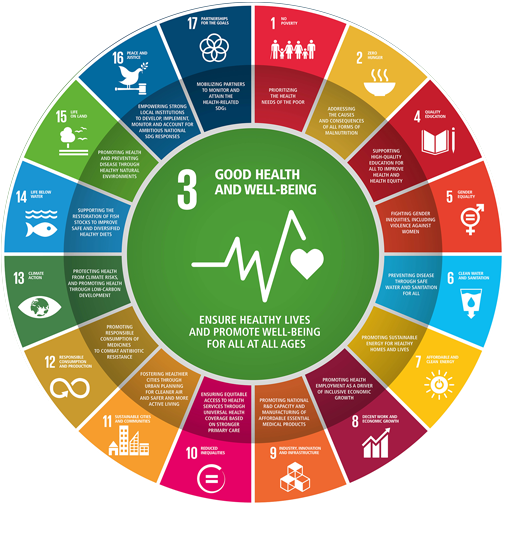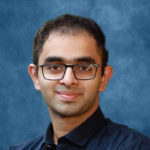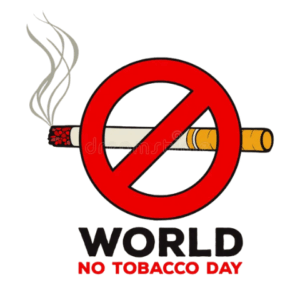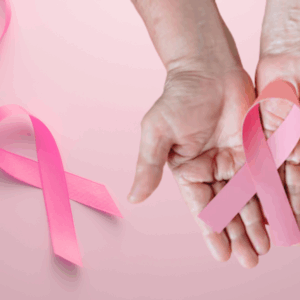Global health has been a terminology widely used, but seldom taken seriously when it comes to addressing health equity as a sustainable goal. Low- and Middle-Income Countries are hardest hit when it comes to addressing development challenges that surround the public health sector and development financing isn’t talent friendly and often builds on obsolete ideas that must at best, be confined to the dustbins of board-rooms.
Year on year, financial institutions commit to spend billions of dollars to meet the most pressing problems of our times be it natural disasters, extreme weather events, pandemic, or the public health consequences of them all. However, with all the commitment put together, financial institutions are unable to create new pathways to channelize global good and end up creating public health and development death trap for many on the way.
Seeing people silently struggle before our eyes, watching under five children slowly slip into malnutrition, observing how nations choose to kill instead of cultivating harmony and fostering friendship, noticing new normal of hatred that is building the iceberg for mental health disruption will not permit the desired goal of one health, one planet ever in our lifetime.
Institutions like the World Economic Forum and World Bank must re-think on how sufficient funds can reach progressive small and medium sized development partners. World Health Organization must tweak policies to bring in more partners beyond seasoned names and be able to demonstrate new algorithms on building social health models which once upon a time thrived as a concept. I believe Low- and Middle-Income countries have the kind of potential and zeal to create a renewed fire with demographic dividends on their side to reshape global health outcomes. But they may need sustained support to ensure scale up growth with mechanisms to defeat red-tapism and human greed. We have before us a planet that is disturbed by the perils of climate change, our patterns of consumption continue to disturb the ecosystem and we have been witness to the most dreadful pandemic of our lifetime. From this, blooms a public health crisis that serves as a threat multiplier. With the influence of big data, machine learning seeping in faster than how much a human mind can comprehend, we may well also lose control over the things we created for ourselves. This essentially means the global divide between those who have and those who have not will widen and all theories and frameworks put together may just not work if we take it too lightly. As nationalism is spreading deep, our moral fabric as a society, a civilisation and a race is getting blurred. We are treating each other like animals ushered in to hate, to kill another, instead of enable. This is a dangerous time in the world and a more dangerous pattern for world diplomacy with people being disoriented of their own priorities in life.
What have we learnt by attending online meetings over the years, using telemedicine to pursue health outcomes, being conscious to the fact that with all the possible progress in technology, we have lost the battle to a simple virus and we are not the epicentre of the world as we claim to be as human kind. In a world where we all need each other; independence is an illusionary egotistic notion and we must sincerely focus on new pathways to shape public health and also integrate cross sectoral objectives in achieving deeper outcomes that have growth value. Our previous association of working in fragmented quarters will no longer yield result and this is a consciousness we must collectively embrace.
21st century global health means identifying new leaders, revisiting new models of implementation, encouraging new means of financing and supporting new technology that can be embraced by all. In-order to realize this, we must build people, we must build societies, we must build solutions for a better world, and importantly build it now.
Dr. Edmond Fernandes is the CEO, CHD Group, India Country Office & Honorary Director - Edward & Cynthia Institute of Public Health
-
Dr Edmond Fernandeshttps://eciph.in/author/dr-edmond-fernandes/
-
Dr Edmond Fernandeshttps://eciph.in/author/dr-edmond-fernandes/
-
Dr Edmond Fernandeshttps://eciph.in/author/dr-edmond-fernandes/
-
Dr Edmond Fernandeshttps://eciph.in/author/dr-edmond-fernandes/





